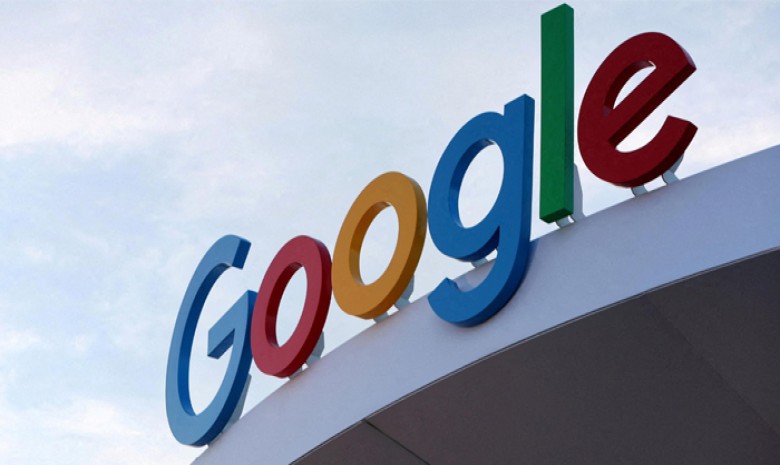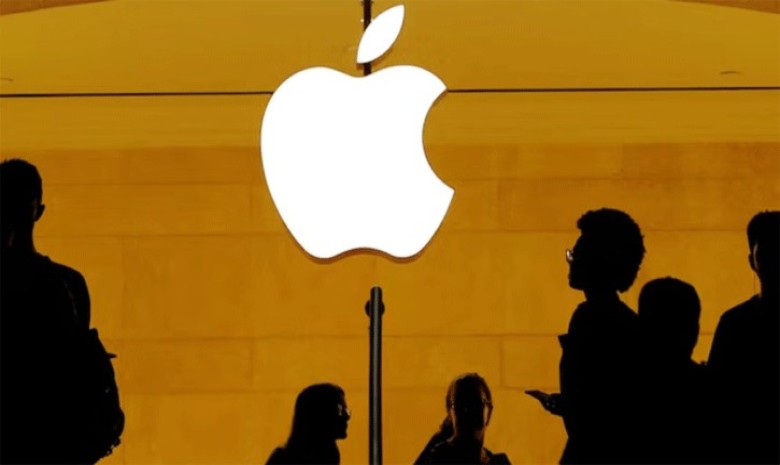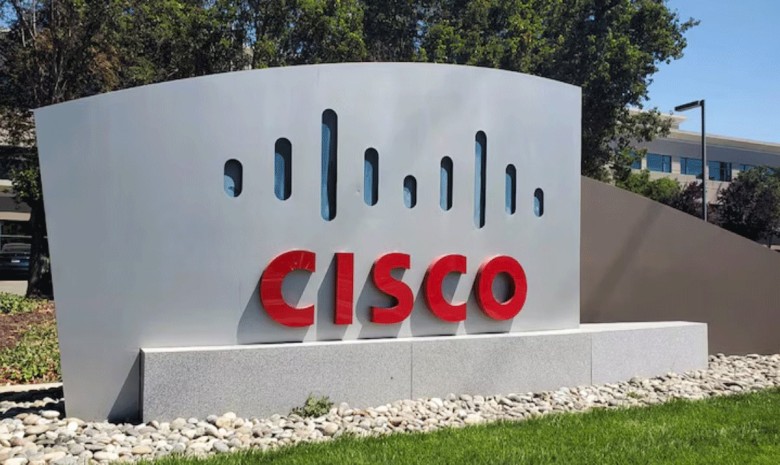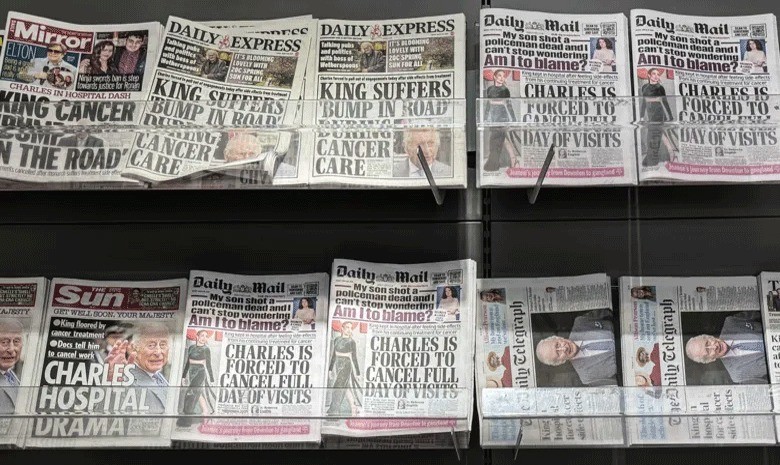China announced a wide range of measures on Tuesday targeting U.S. businesses including Google (GOOGL.O), opens new tab, farm equipment makers and the owner of fashion brand Calvin Klein, minutes after new U.S. tariffs on Chinese goods took effect.
Beijing also slapped tariffs on U.S. products such as coal, oil and some autos in a rapid response to the new duties on Chinese goods imposed by U.S. President Donald Trump, escalating trade tensions between the world's two biggest economies.
China's State Administration for Market Regulation said Google was suspected of violating the country's anti-monopoly law and an investigation was initiated in accordance with the law. It did provide further details on the investigation or on what it alleged Google had done to breach the law. Google products such as its search engine are blocked in China and its revenue from there is about 1% of global sales. It still works with Chinese partners such as advertisers.
In 2017, Google announced the launch of a small artificial intelligence centre in China. But the project was disbanded two years later and the firm does not conduct AI research in China, according to a blog posting.
Separately, China's Commerce Ministry said it had put PVH Corp (PVH.N), opens new tab, the holding company for brands including Calvin Klein and Tommy Hilfiger, and U.S. biotechnology firm Illumina (ILMN.O), opens new tab on its "unreliable entity" list.
It said the two companies took what it called "discriminatory measures against Chinese enterprises" and "damaged" the legitimate rights and interests of Chinese companies.
Companies added to the blacklist can be subject to fines and a broad range of other sanctions, ncluding a freeze on trade and revocation of work permits for foreign staff. Google, PVH and Illumina did not immediately respond to requests for comment outside regular U.S. business hours.
PVH had already been under scrutiny from Chinese regulators over "improper" conduct related to the Xinjiang region. "These moves are warnings that China intends to harm U.S. interests if need be, but still give China the option to back down," Capital Economics said in a note.
"The tariffs could be postponed or cancelled before they come into effect... The probe against Google could conclude without any penalties." Source: reuters
Total views: 775



























